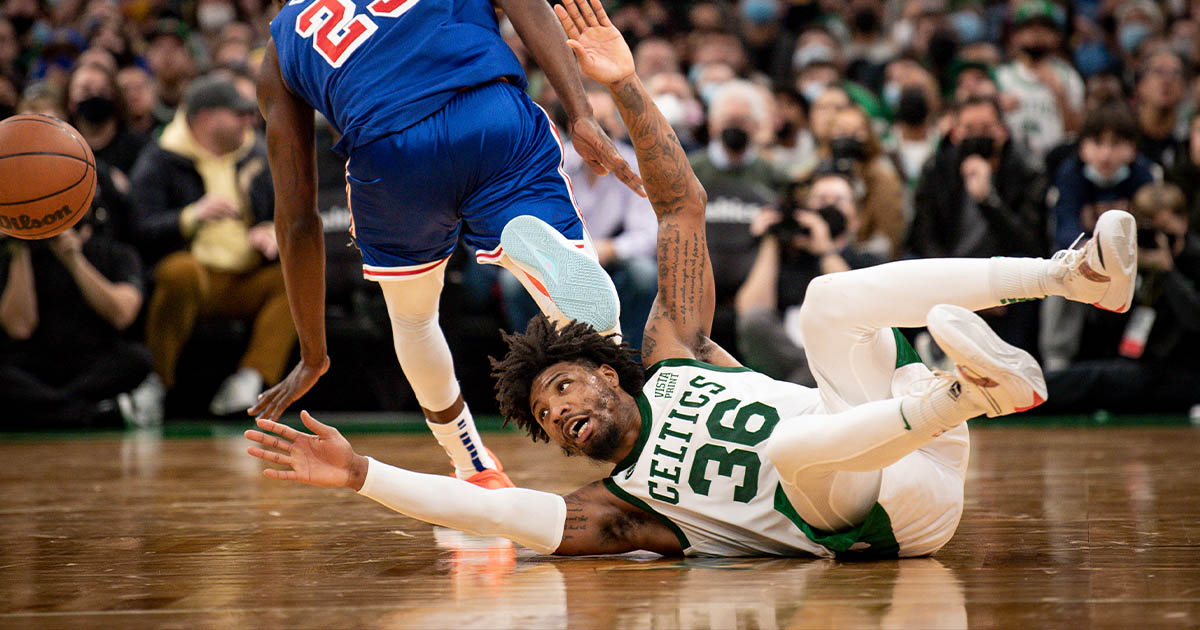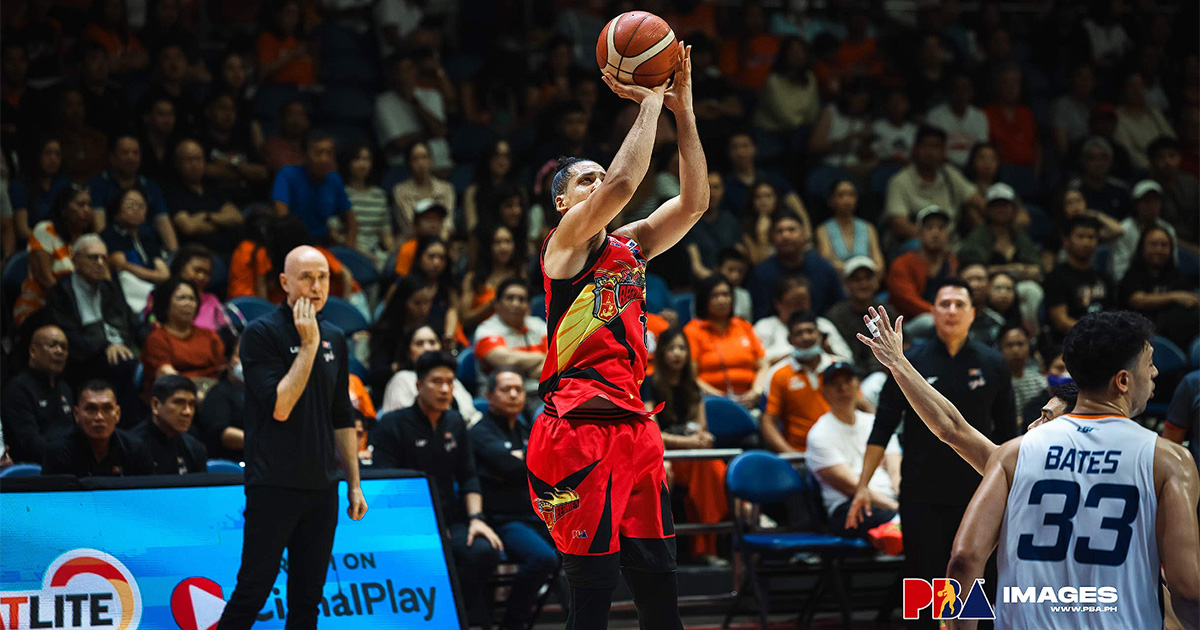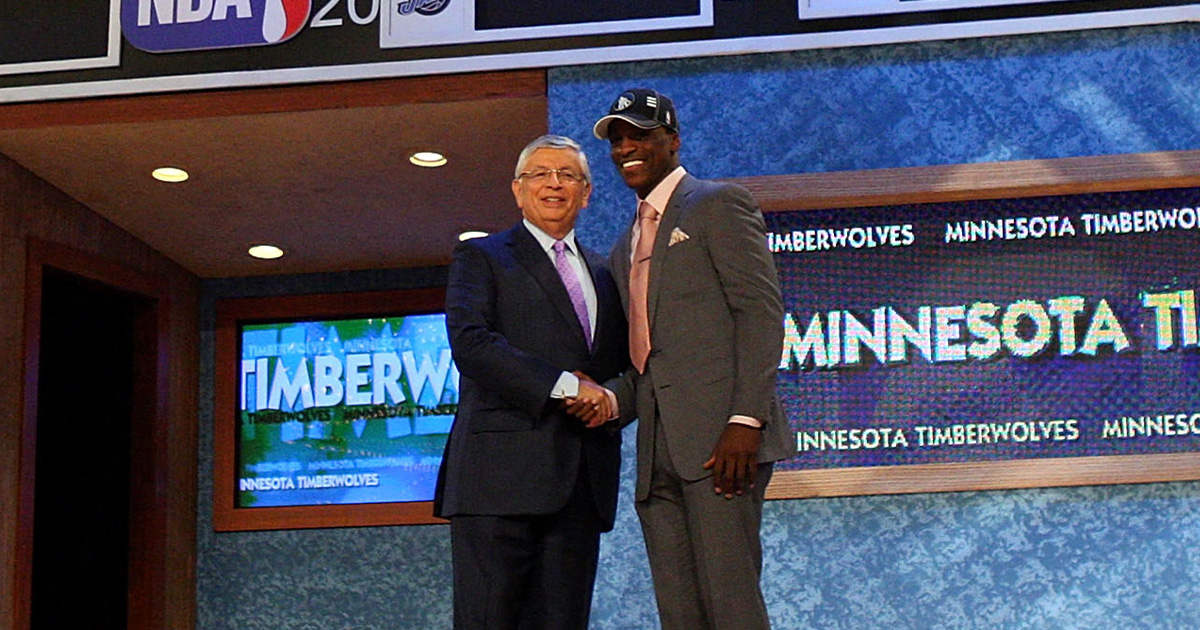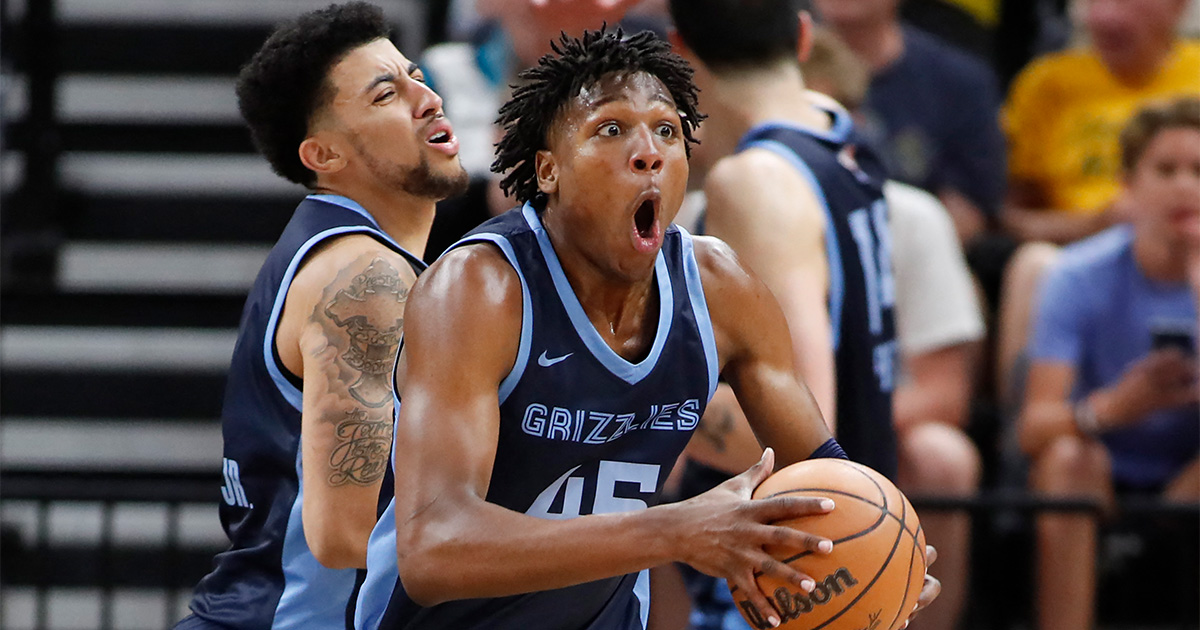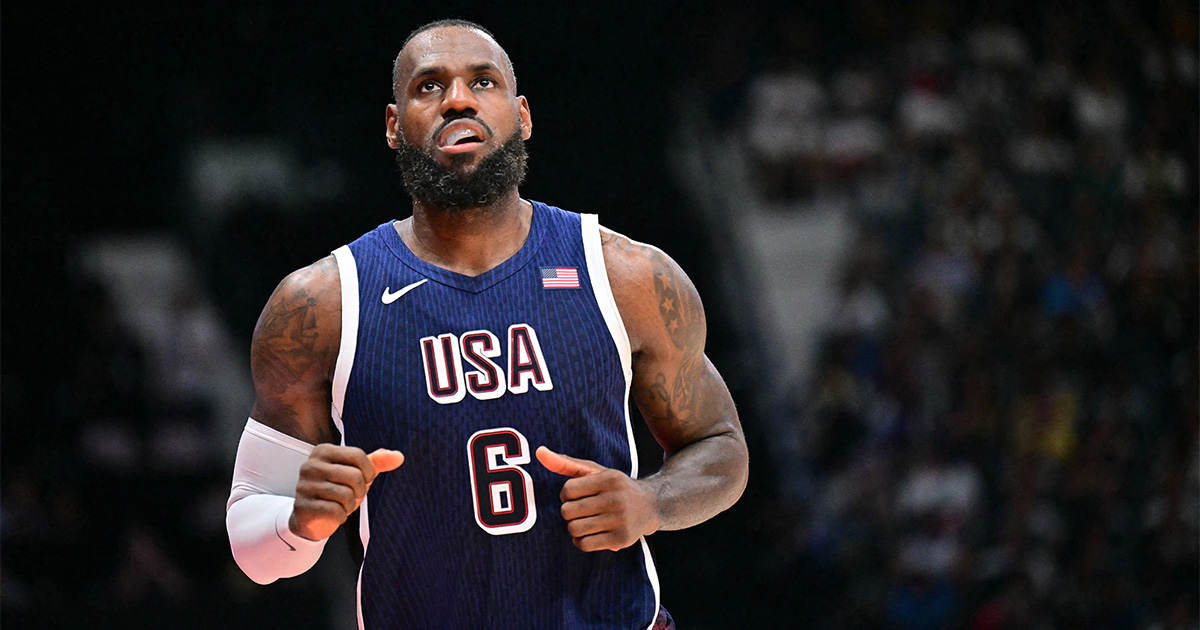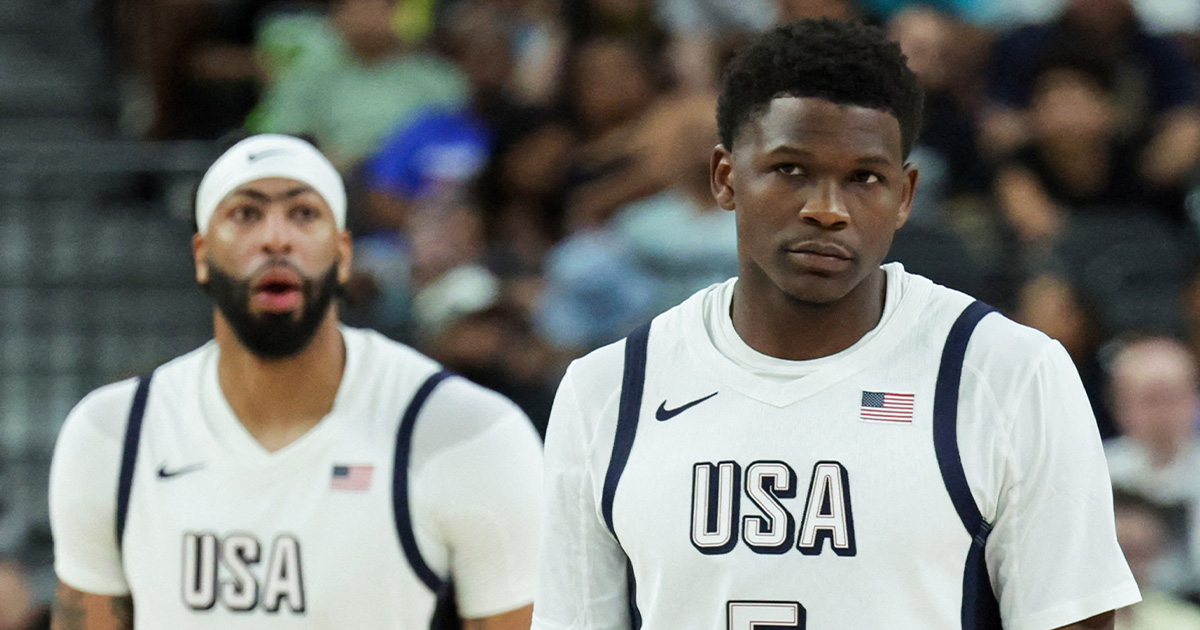Marcus Smart earning NBA Defensive Player of the Year Honors is a win for the little guys. Since 1997, the DPOY winner has been a forward, center, or thanks to the positionless style prominent in the league today, a combination of both. And yet, defense does not always begin and end near the rim.
Much of the defensive work begins on the other side of the court and Gary Payton, the last guard to be named DPOY, was a tenacious defender who not only made life hell for his opponents for all 94 feet of the court, but also let them know about it. Smart may not be as brash as Payton, but Smart has taken it upon himself to have his hands all over shutting down the best opposing player especially in crunch time. That Payton was on hand, though, when Smart learned of his award made the moment more sweeter.
Defense itself can be broken down into an art and a science as analytics provide credibility, among other things, as to who is the toughest to score against and who can generate the most turnovers. The eye test gives further context not only as to how these stats come into play, but also to demonstrate that there are certain intangibles that separate the respectable defenders from the elite ones.

From a numbers standpoint, Smart is fifth in the NBA in steals per game (1.7) and seventh in total steals (119) this season. A deeper dive shows the two-time NBA All-Defensive Team selection is one of the league’s disruptive defenders as he is eighth in steal percentage (2.6), higher than the likes of Jimmy Butler and Jrue Holiday.
Stats also reflect Smart’s defensive activity as he is in the top-15 in deflections per game (2.9), loose balls recovered per game (1.1), and charges drawn per game. In Game 1 against the Brooklyn Nets, the former Oklahoma State Cowboy had four deflections apart from making the crucial pass on the key offensive play that allowed the Boston Celtics to take the series opener.
Defense in itself is more about getting stops than earning counting stats that it can be said that it is a game within a game. Smart reads his offensive opponents the same way players are taught to take what the defense gives them on offense; tendencies and little miscues are opportunities to convert on. However, coaching and comprehensive scouting reports can only do so much and at times unteachable traits such as hustle and instincts take over for the sixth overall pick in the 2014 NBA Draft.
Smart’s win is not just for him and who he represents, as his efforts have largely translated to the success the Celtics have had this season. As one of the league’s best defenses, they were able to overcome a 17-19 record in 2021 enroute to the second seed in the Eastern Conference.
A few weeks before the playoffs, Boston lost Robert Williams III to a torn meniscus in his left knee and things initially looked to make things an even more uphill climb for the Celtics. While the 17-time NBA champions did end the regular season by going 4-3 in the seven games Williams III was out, the damage was limited in part as Smart nevertheless averaged 1.14 steals per game during that run despite having two zero-steal games in that span.
The common perception of the NBA Defensive Player of the Year being a big man will likely hold, but Marcus Smart’s being named this season’s DPOY not only challenges that perception, but makes us rethink what makes a successful defender and in turn, defense. Rim protectors typically make life easier for their teammates on the perimeter, but the Boston Celtics have been able to weather some regular season obstacles thanks in part to a solid defensive identity with Smart at the forefront.
Offense from the likes of Jayson Tatum and Jaylen Brown will be there, but considering how the stakes are higher in the playoffs, it’s safe to say that their postseason fortunes will also hinge on how they will keep the same defensive energy. Thankfully, Smart has the right approach.

